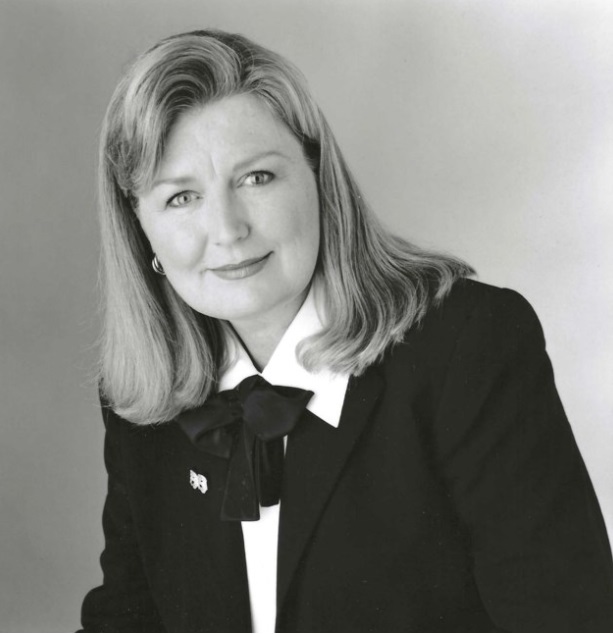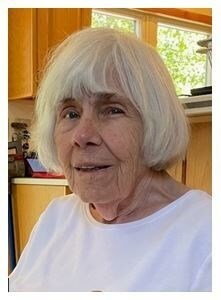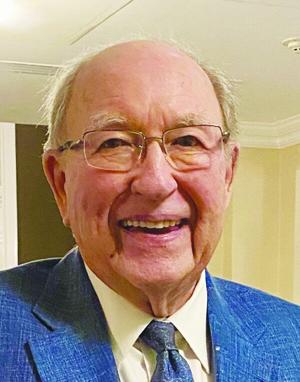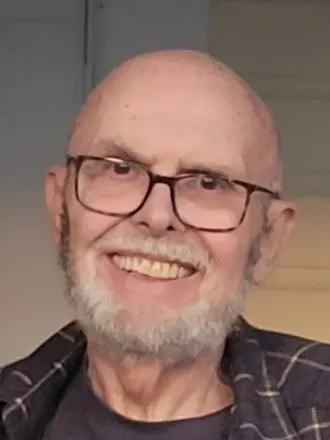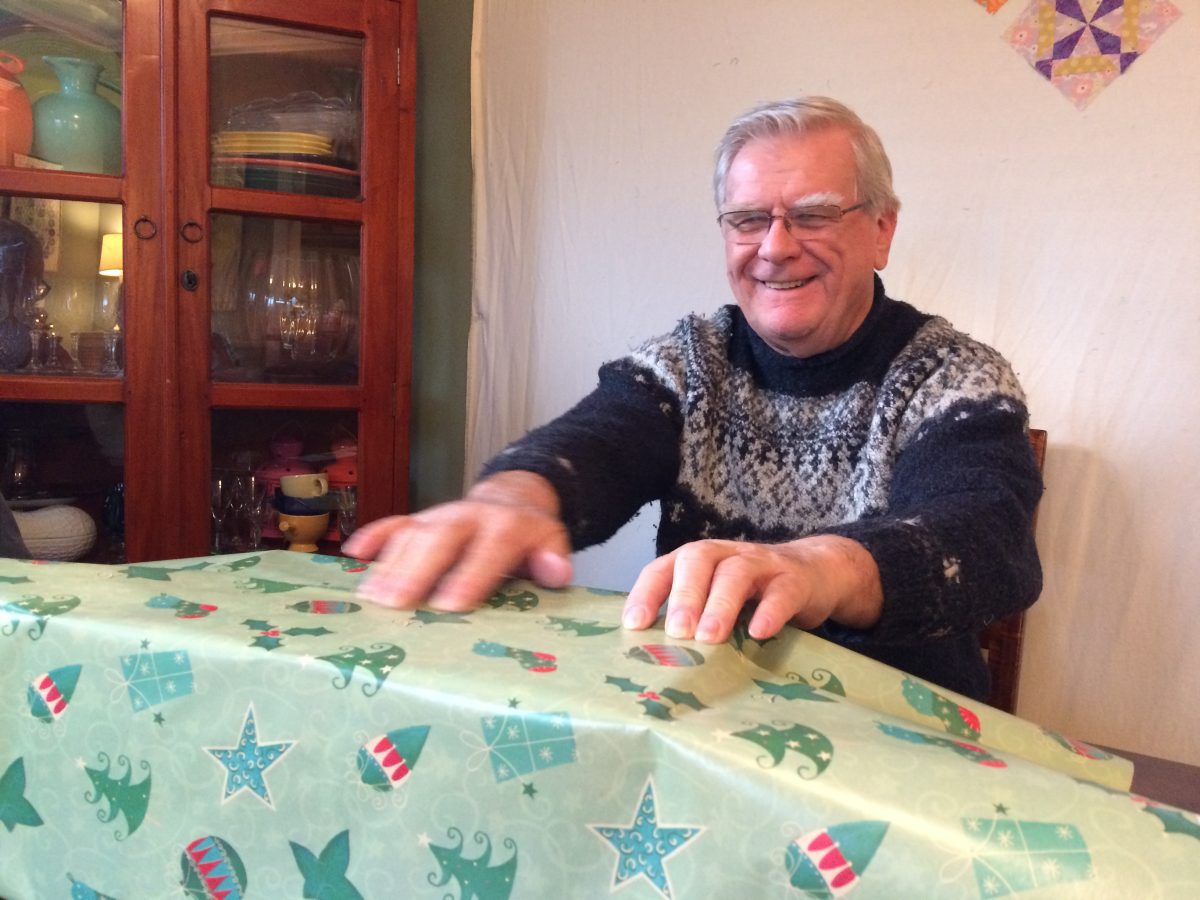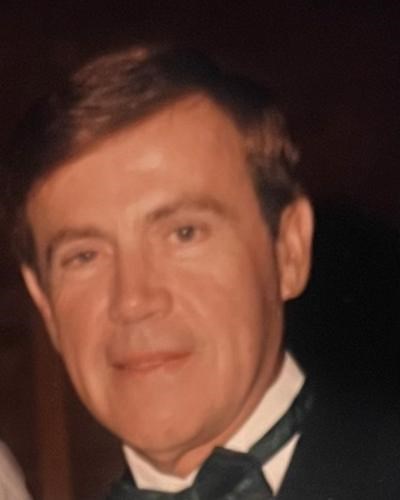Madeline J. Halpern, née Jackolin, passed away peacefully at home on May 8, 2025. She was 79. Beloved wife of the late Richard C. Halpern, loving mother of Rebecca (Hal Rudnick), stepmother of Susan Winstead and Daniel (Mary) Halpern, and “Mam” to grandchildren Eden, Megan and Nathaniel.
Madeline, or “Maddi”, was born in Chicago, IL, on August 11, 1945, the daughter of Arlene Eier Jackolin and Luigi Giuseppe Iacolin (Louis Joseph Jackolin), a brick mason who immigrated from the town of San Leonardo in the Friuli-Venezia Giulia region of Italy. She was a devoted sister of Joyce June Keith, and Louis (Judy), Bill (Janet) and Robert Jackolin, and aunt and cousin to many.
A graduate of Harrison High School, Maddi was a lifelong learner who earned her Bachelor’s and Master’s Degrees from the Medill School of Journalism at Northwestern University, which she parlayed into a successful career as a food journalist. In 1987, she developed, produced and starred in “All About Food” for Cablevision, the first food-related magazine show of its kind that later became the format of so many of the cooking shows we see on television today. She was also a regular columnist for several Chicago-area publications, including Today’s Chicago Woman, The Pioneer Press and Fra Noi.
Maddi and Richard, her soulmate of 44 years, were partners in the truest sense of the word. Maddi was instrumental in helping grow Richard’s career as a master builder who oversaw the construction of more than 200 Chicago-area landmarks and buildings around the world, including the Willis Tower, Navy Pier, the Museum of Contemporary Art, and the Harold Washington Library. A former member of the Women’s Board of the Goodman Theatre and Ravinia Festival, and a Governing Member of the Chicago Symphony Orchestra, Maddi and Richard also endowed the M.J. Halpern Scholarship Fund for Medill at Northwestern, and established the Architectural Engineering & Design Certificate Program and the Richard C. Halpern/RISE International Distinguished Architect in Residence at the McCormick School of Engineering. Maddi was a longtime member of the Chicago Botanic Garden, and she loved tending to her herb, vegetable and cut flower beds at the home that she and Richard built with Architect Tom Beeby in 2005.
A guiding light to all who were inspired by her, Maddi’s life was a masterclass in living, and dying, well. Her family is forever grateful to the many caregivers and cherished friends who helped maintain her charm, elegance and dignity to the very end.
https://www.dignitymemorial.com/obituaries/wilmette-il/madeline-halpern-12369249
